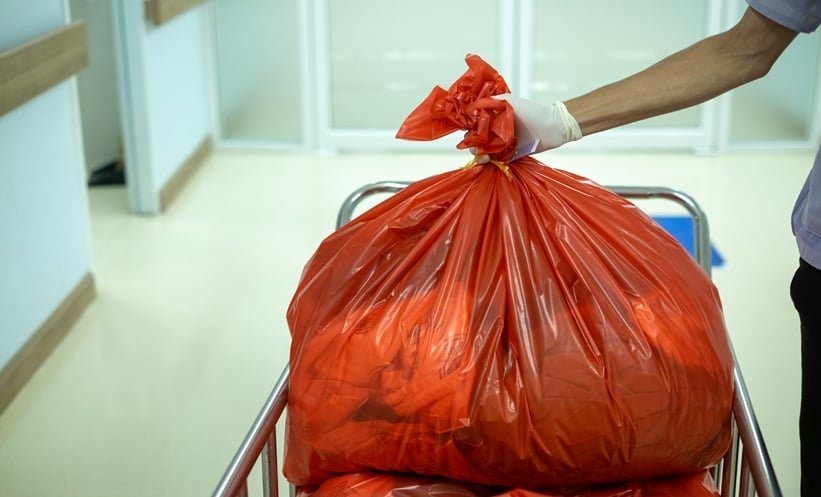THE University of Pennsylvania Health System has revealed that targeted educational interventions can significantly enhance healthcare workers’ understanding and management of regulated medical waste (RMW) in a recent study. Effective RMW management is crucial for both environmental sustainability and cost reduction in healthcare settings.
The controlled, prospective study spanned two months from 2023 to 2024 and involved healthcare professionals—including physicians, nurses, and medical assistants—from four inpatient medicine floors and two dermatology clinics. Half of these settings served as control groups, while the other half received the intervention. The educational program comprised in-person training sessions and printed materials, such as posters and bin stickers, detailing proper waste segregation and highlighting the environmental, health, and financial impacts of RMW.
To assess the intervention’s effectiveness, participants completed deidentified online surveys both before and after the program. These surveys evaluated knowledge and behaviors related to RMW disposal. The primary outcome measured was the change in performance on questions regarding correct RMW disposal and understanding of its negative externalities. Secondary outcomes included self-reported shifts in environmental beliefs, motivators for waste stewardship, behaviors, perceived barriers to stewardship, and the influence of clinical roles on the intervention’s efficacy.
Baseline knowledge scores averaged 6.17 out of 9 for inpatient settings and 7.51 for outpatient settings. Post-intervention, the odds of correctly answering each question increased threefold in inpatient settings (odds ratio: 3.71, 95% CI: 2.218-6.401, p < 0.001). Notably, in outpatient settings, the intervention's effectiveness varied by clinical role: nursing staff were 12.7 times more receptive to the training than physicians (95% CI: 1.86-263.29, p = 0.024). Overall, the program improved participants' understanding of RMW's detrimental environmental impact. The study concludes that educational interventions can effectively enhance knowledge of proper RMW disposal and its environmental consequences, particularly among nursing staff. These findings can inform the development of future programs aimed at promoting sustainable waste management practices in healthcare settings. Reference: Silva GS et al. An Educational Intervention to Reduce Regulated Medical Waste: The Inpatient Medicine and Outpatient Dermatology Settings. Int J Dermatol. 2025. doi: 10.1111/ijd.17682. [Online ahead of print]. Anaya Malik | AMJ







